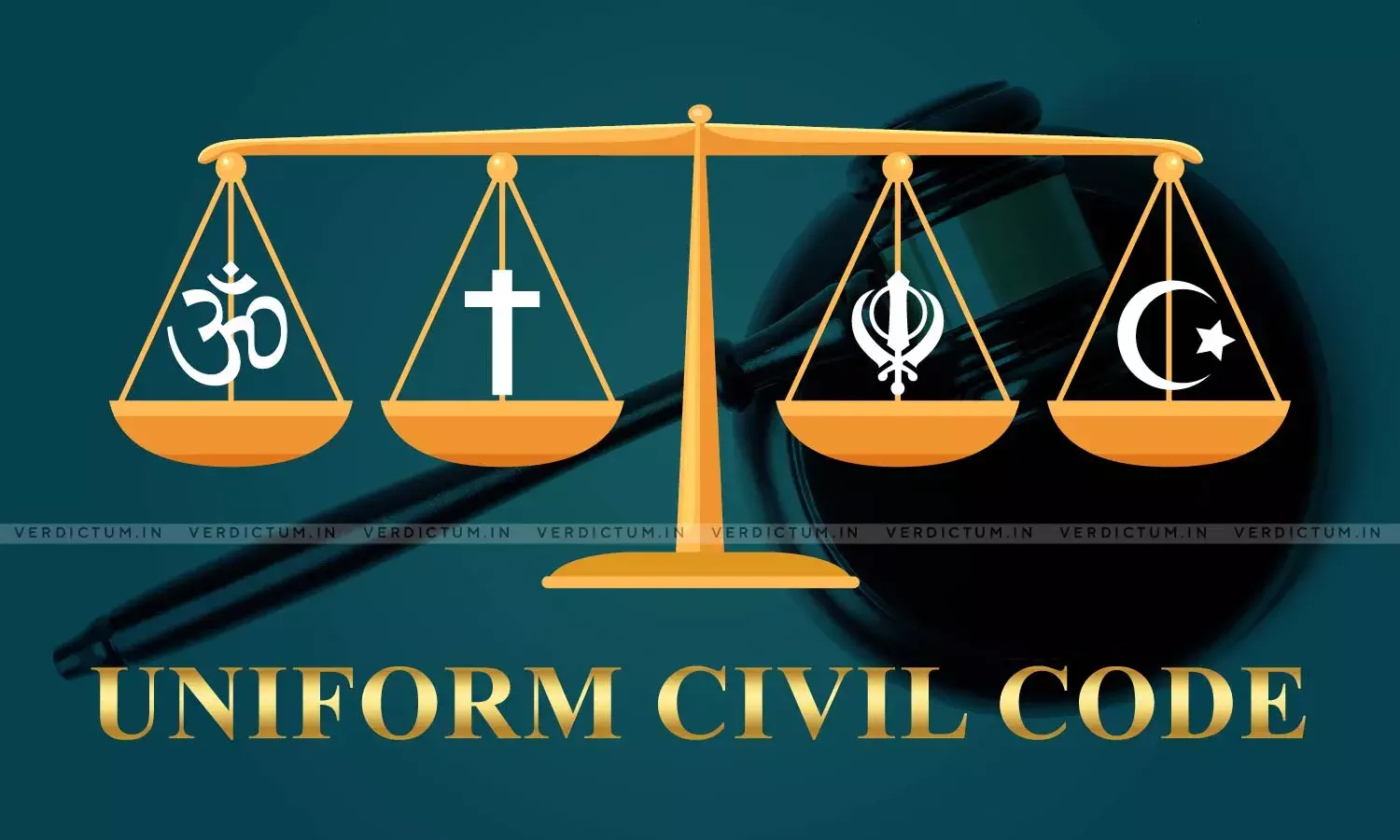Introduction
The Uniform Civil Code (UCC) refers to a proposal in India to formulate and implement personal laws applicable to all citizens equally, regardless of their religion, gender, or ethnicity. This concept is enshrined in Article 44 of the Directive Principles of State Policy in the Indian Constitution, which urges the state to secure a uniform civil code for its citizens. Despite being a topic of significant debate and discussion, the UCC has yet to be implemented in India.
Historical Context
The idea of a UCC dates back to colonial India, where British authorities, though initially advocating for a common set of laws, ultimately decided to leave personal laws of various communities intact. Post-independence, the framers of the Constitution included the UCC in the Directive Principles, recognizing the diversity and complexity of India's social fabric.
The Need for UCC
Equality and Justice: A UCC aims to eliminate discrepancies in personal laws that govern marriage, divorce, inheritance, and adoption, ensuring equality before the law for all citizens.
National Integration: By providing a common set of laws, a UCC could foster a sense of unity and national identity.
Gender Justice: Many personal laws are seen as discriminatory against women. A UCC would promote gender equality by providing uniform rights and protections.
Current Personal Laws in India
India’s personal laws are currently governed by religious doctrines:
Hindu Law: Covers Hindus, Buddhists, Jains, and Sikhs.
Muslim Law: Governed by Sharia and various interpretations of Islamic texts.
Christian Law: Governed by statutes such as the Indian Christian Marriage Act, 1872.
Parsi Law: Governed by the Parsi Marriage and Divorce Act, 1936.
These laws differ significantly in their provisions, particularly concerning marriage, divorce, maintenance, and inheritance.
Arguments For and Against UCC -
For UCC:
Equality Before Law: Ensures all citizens are treated equally under a single legal framework.
Simplification of Laws: Reduces complexity and conflict arising from diverse personal laws.
Gender Equality: Addresses gender biases inherent in certain personal laws.
Against UCC:
Cultural and Religious Sensitivity: Many argue that personal laws are integral to cultural identity and religious freedom.
Implementation Challenges: The diversity of Indian society makes the creation of a universally acceptable code difficult.
Potential for Social Unrest: Imposing a UCC might lead to resistance from communities that view it as an infringement on their religious rights.
Current Status and Political Debate
The UCC has been a contentious issue in Indian politics, with differing views across the political spectrum. The Bharatiya Janata Party (BJP) has been a strong advocate for the UCC, arguing that it is necessary for achieving national unity and equality. Conversely, many opposition parties and religious groups have opposed it, citing the potential erosion of cultural and religious rights.
Recent Developments
In recent years, there has been a renewed push for the UCC, with several court judgments highlighting the need for a uniform set of laws. The Supreme Court of India has also called for the government to consider implementing a UCC to ensure equality and justice for all citizens.
Conclusion
The debate over the Uniform Civil Code in India encapsulates the nation’s struggle to balance secularism, religious freedom, and equality. While the UCC promises to provide a common legal framework that could simplify and unify personal laws, its implementation requires careful consideration of India’s diverse cultural and religious landscape. Moving forward, any steps towards a UCC must involve extensive dialogue and consensus-building among all stakeholders to ensure it upholds the constitutional values of equality and justice without infringing on the country’s rich pluralism.
This article has been contributed by harit Parsendiya , a student at ITM University Gwalior.
Attention all law students!
If You Want To Publish Your Article On Law Media Contact - 7974887414 ( ONLY WATSAPPP )
Are you tired of missing out on internship, job opportunities and law notes?
Well, fear no more! With 5,000+ students already on board, you don't want to be left behind. Be a part of the biggest legal community around!

AMAZING INFROMATION
ReplyDelete